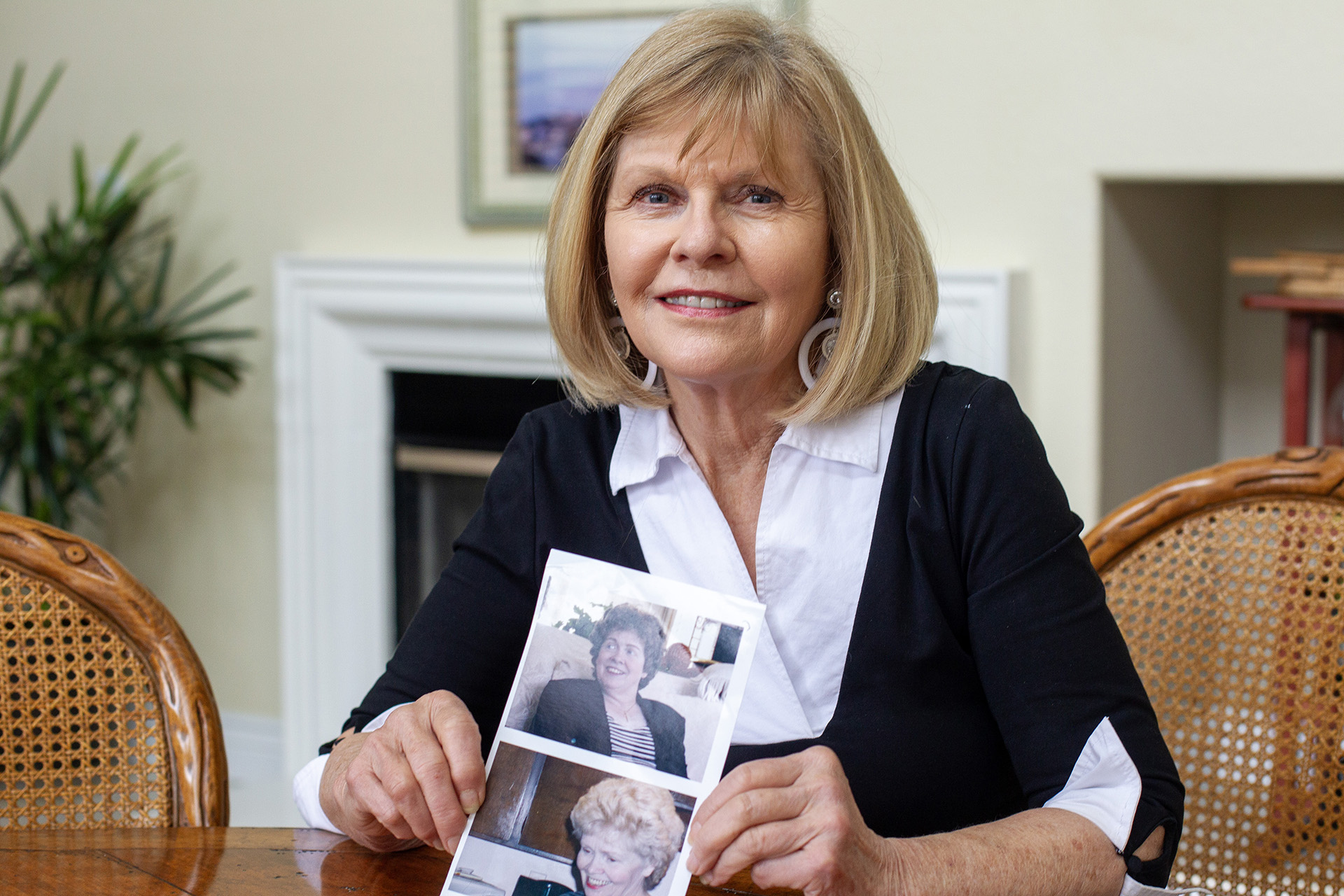Not long after cannabis — marijuana — became legal to use recreationally in California, Kaiser Permanente researchers learned that use during pregnancy was on the rise.
This was despite warnings from obstetricians about possible health risks, such as babies weighing less at birth or potentially having neurodevelopmental problems later in childhood.
Further research from the Kaiser Permanente Division of Research (DOR) suggested some pregnant people were using cannabis to manage symptoms of pregnancy, such as nausea, or as an alternative to pain, depression, or anxiety medications.
Reduced stigma made it easier for patients to talk to doctors
The study team, led by Kelly Young-Wolff, PhD, MPH, a senior DOR research scientist, pursued the next step: Find out directly from patients who used cannabis during pregnancy about their use and what they need from medical professionals.
DOR investigators held focus groups with 53 patients and came away with important insights. “Pregnant individuals desire concrete information about the risks associated with prenatal cannabis use,” said Young-Wolff. “Many have heard that there are risks associated with use, but they have also seen friends and family use cannabis without any obvious adverse outcomes.”
In a study published in December 2022 on the focus group findings, the researchers reported that California’s legalization reduced the stigma of using cannabis and made it easier to obtain, including during pregnancy.
Patients also said the reduced stigma made it easier to talk to their doctors about longtime use that may have extended into pregnancy.
“For some people cannabis is very entrenched in their lives, and we need to be able to talk about it,” said Kaiser Permanente psychologist Andrea Green, PsyD, who led some of the focus groups. Green works with the Kaiser Permanente Northern California Early Start program, which provides support for pregnant patients.
“They want to feel like they can have these conversations with their doctors without being judged,” Green said. “They go into labor and delivery and their chart may mention cannabis use, and they just don’t want to be treated differently. They want to be treated with respect.”
What clinicians can do
In a second study, published by the team a few months ago in August, the researchers focused on what the patients said they wanted from their doctors — mostly, non-judgmental dialogue.
“Folks who use cannabis regularly are often doing so because they perceive a benefit from it, including during pregnancy,” said study author Tara Foti, PhD, a former DOR research fellow. “But if the doctor brought up the issue in a non-judgmental way, listened to their reasons for use, and explained the risks involved, patients would likely welcome that.”
Clinicians should educate and openly discuss options with patients, said study co-author Deborah Ansley, MD, regional medical director for Early Start.
“There are risks to cannabis use in pregnancy as well as to many of the medications that we prescribe,” she said. “Clinicians should learn the patient’s symptoms and reasons for use, and then offer factual and non-judgmental information about the risks of cannabis and other treatment options in pregnancy.”




